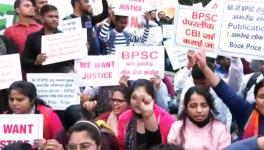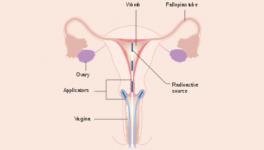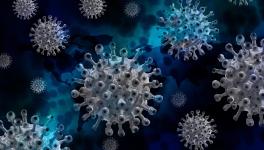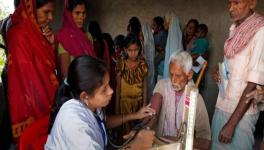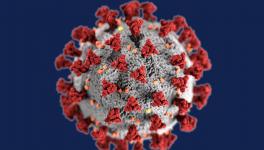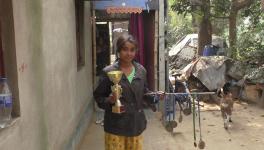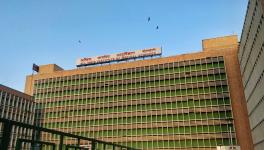Government’s COVID-19 Strategy is Flawed, Say Medical Experts
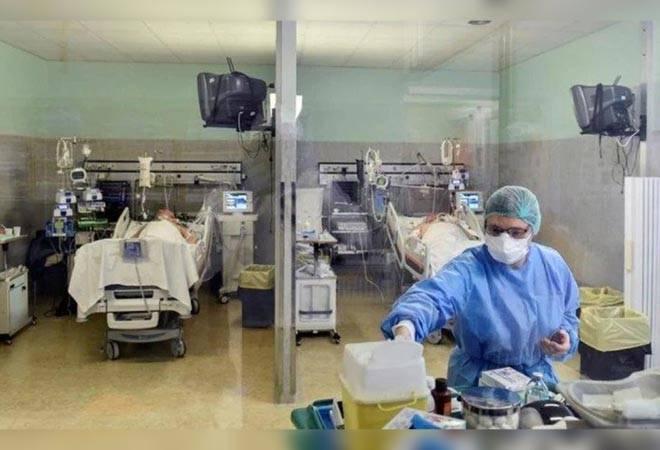
Representational Image
On Wednesday, Hindu Rao Hospital under the North Delhi Municipal Corporation terminated Dr Piyush Pushkar Singh for distributing Personal Protective Equipment (PPEs) from the store room of the hospital. However, the doctor maintained that he had procured the kits in a personal capacity and with the help of a Non-Governmental Organisation (NGO).
The doctor’s termination caused a stir among the medical fraternity, forcing Union Health Minister Harsh Vardhan to direct the commissioner of the Corporation, Varsha Joshi, to resolve the stalemate.
The termination came days after doctors of a premier institute like AIIMS alleged that they were compelled to use an N95 mask for up to four days. However, the country is not just battling a crisis of PPEs or masks.
Latest reports by the Ministry of Health and Family Welfare suggest that the graph of COVID-19 patients is only increasing, and as of 5 p.m. on April 18, India had 14,792 cases and 488 deaths. However, tests for suspected cases of the novel coronavirus are still limited in number.
In a briefing, the Joint Secretary in the Health Ministry, Lav Agarwal, said that patients with comorbidity are at a greater risk of infections and fatalities. “The mortality rate in our country is around 3.3%. An age-wise analysis will tell you that a 14.4% death-rate has been reported in the age group below 45 years. Between 45 to 60 years it is 10.3%, between 60 to 75 years it is 33.1% and for 75 years and above, it is 42.2%. If an analysis is done on the basis of comorbid conditions, then you will find that 83% cases had comorbidity,” he said.
However, the ministry appeared clueless about alternative arrangements for patients with severe ailments, as well as on the possibility of community transmission. Experts believe that the response required comprehensive planning but the government delivered a knee-jerk reaction without completely assessing the gravity of the situation. They suggest a thorough assessment backed by ample data to save a country with a fragile health system.
Speaking to NewsClick, leading geriatrician Harjit Singh Bhatti maintained that the government must provide evidence-backed data to rule out the possibility of community transmission. He said: “The Indian Council of Medical Research has maintained that it has not found any evidence of community transmission. But it must simultaneously tell the reason for stopping the publication of reports of random sampling in the public domain. It reported the results for the first 1000 random samples only once. We are listening to press briefings based on reports from Covid hospitals across the country. Are we testing people who are dying from respiratory illnesses? If not, denying community transmission would be an injustice to the people of the country,” he added.
Bhatti said that he was not “questioning the intentions of the government, but there needs to be data-based research. I am surprised that we do not have a credible study portraying the exact scenario even after 14,400 cases and 480 deaths,” he added.
He said that a lockdown was enforced so that people would stay in their homes. “The first step was correct but it needs to be followed by rampant and rigorous testing and contact tracing. For this to happen, the system needs to be generous, rather than only test patients with travel history or any contact with an infected person,” he added.
Dr. Srinivas Rajkumar T., Secretary of Resident Doctors Association, AIIMS, said the authorities should have considered the plight of patients without the coronavirus. “We are building a ship when the deluge has already arrived. We have been demanding for the immediate procurement of PPE kits for long; we could have strengthened our system for the pandemic and avoided last minute preparation. You would have noticed that a number of patients and their relatives stay outside AIIMS on the pavement. Have they vanished? No. They are still waiting. So, the response should have included measures for both Covid and Non-Covid patients,” he said.
AIIMS currently conducts about 16,000 surgeries per month. In 2017 alone, AIIMS reportedly operated on 1.94 lakh patients, while the number of admitted patients was 2.45 lakh and 43 lakh registered for treatment through the OPD.
“There are claims that thousands of beds have been added. Fine, but where are the patients for those beds?” Dr. Srinivas asked. He said that there are now reports of violence against doctors. “We need to understand that the reaction from family members is also out of hysteria. So, the approach for treatment must change now. Blaming the patient for spreading the disease would be unjust. It does not help us. Rather, they must be sensitised; without the support of the community, there would not be any solution,” he added.
Get the latest reports & analysis with people's perspective on Protests, movements & deep analytical videos, discussions of the current affairs in your Telegram app. Subscribe to NewsClick's Telegram channel & get Real-Time updates on stories, as they get published on our website.









